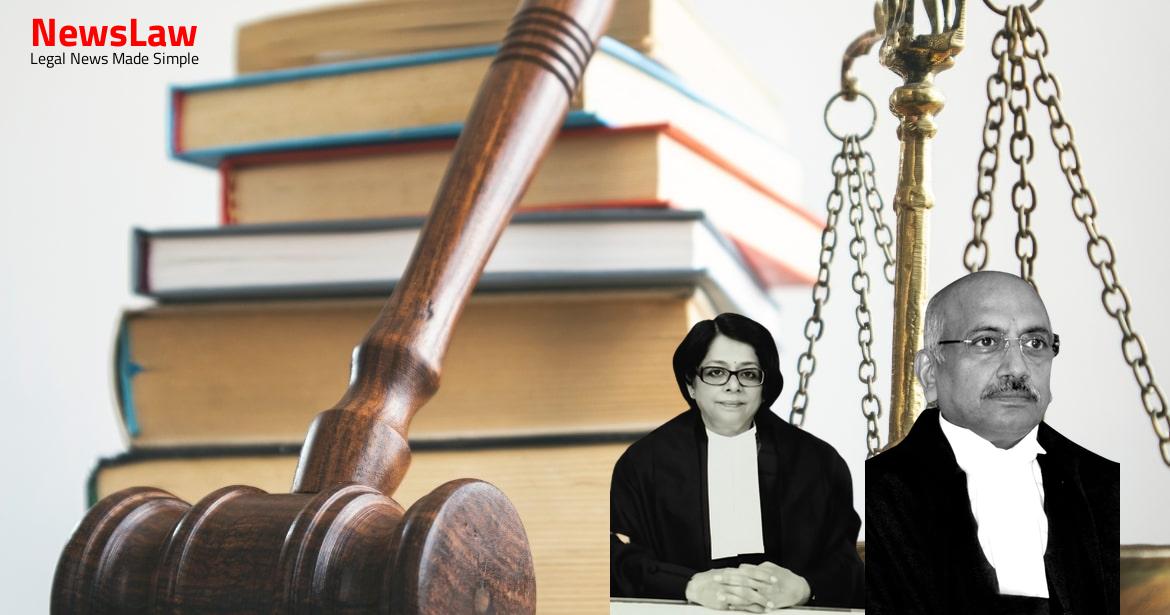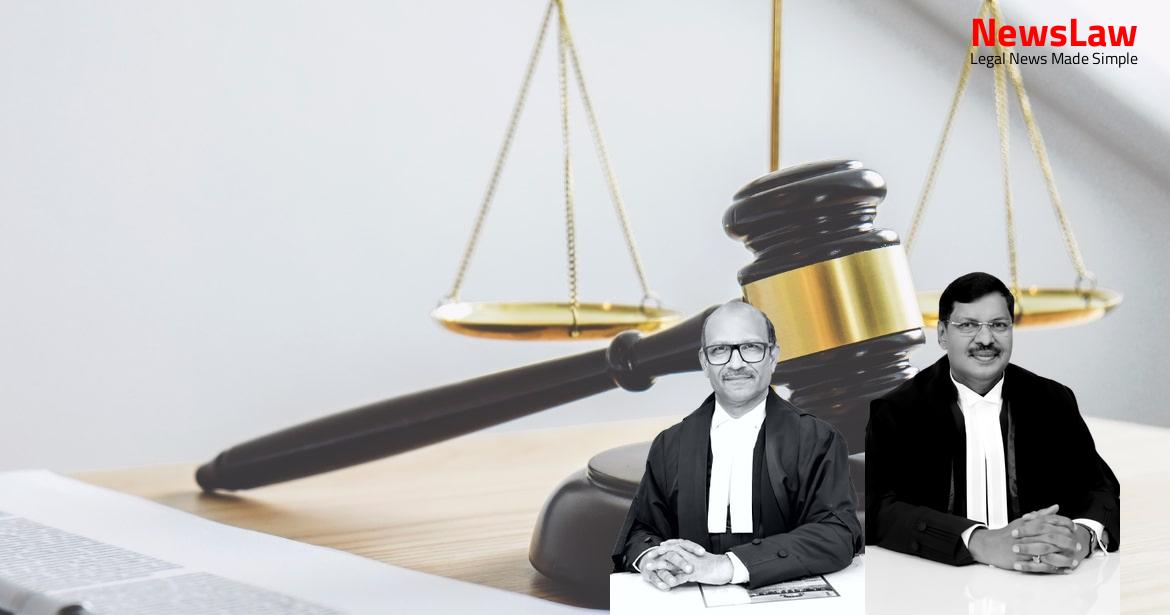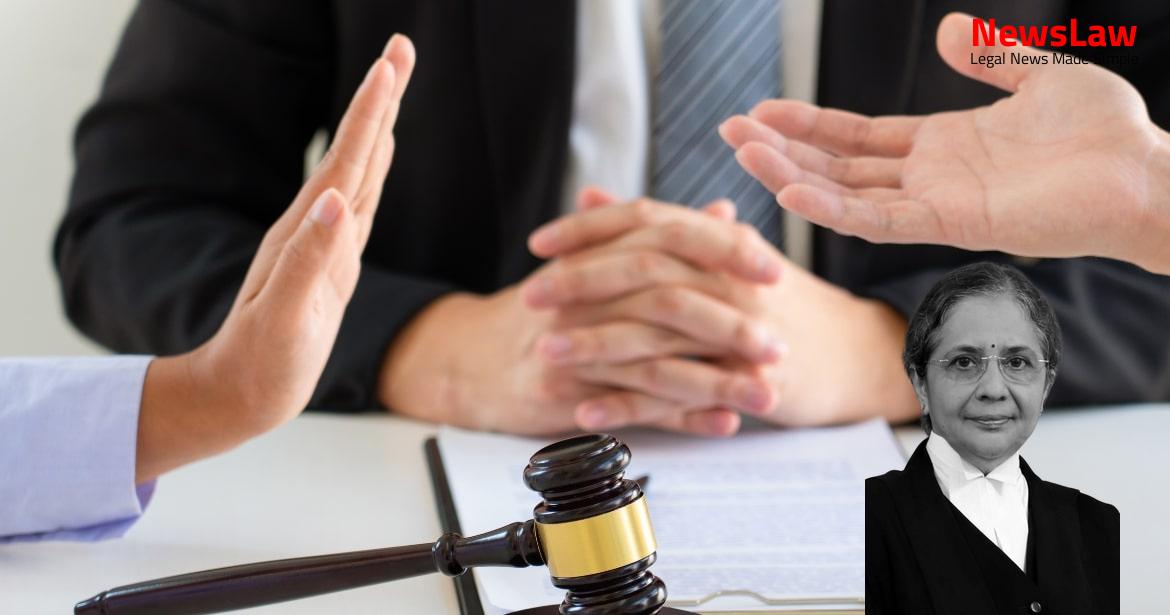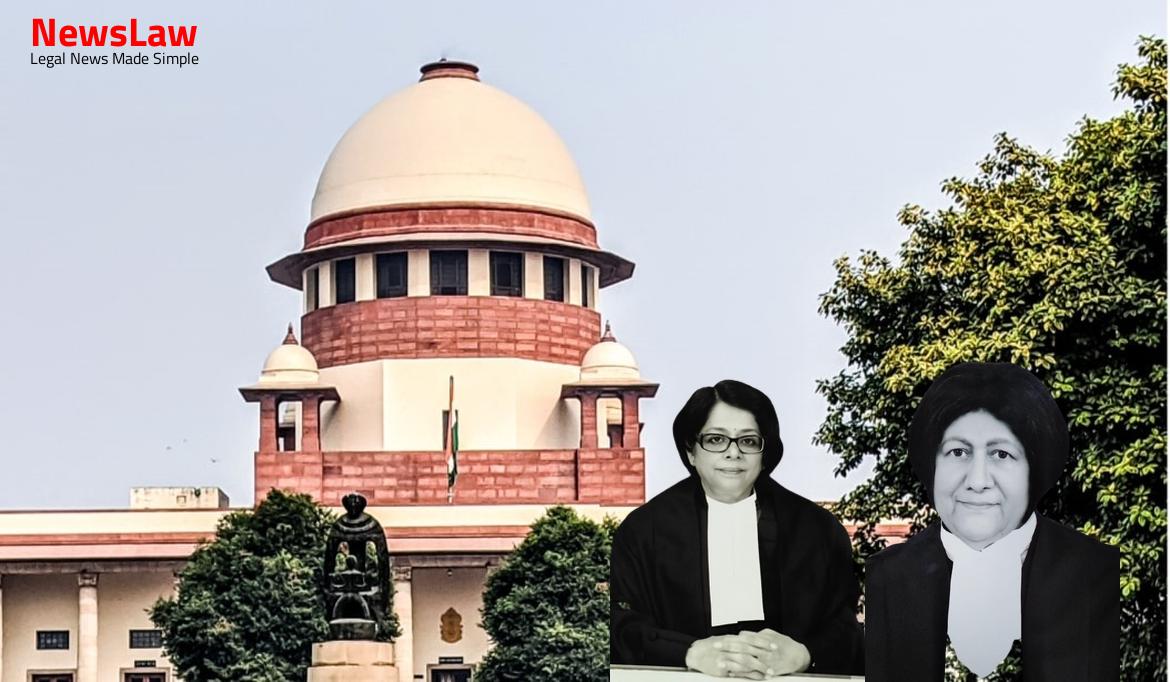Delve into the legal nuances of entertainment duty provisions in the amusement park case, where the High Court meticulously analyzed the relevant statutory provisions to determine the correct levy of tax. The court’s thorough examination and interpretation highlight the complexities involved in understanding and applying tax laws in the entertainment industry.
Facts
- The writ petitioners sought confirmation for entertainment tax to be 3.75% of a consolidated ticket value.
- The Division Bench of the High Court interpreted the Bombay Entertainments Duty Act, 1923 to levy tax at 7.5% and later at 15% for entry to the amusement park.
- The writ petitioners challenged this demand through a writ petition and paid the duty under protest.
- They later sought a refund of the duty paid by filing a writ petition against the provisions of the Act.
- The High Court considered the statutory provisions of the Act and addressed the questions raised in the case.
- The High Court determined that the entertainment duty for the amusement park is 7.5%, as calculated under Section 3(2) of the Act.
- Further, it was established that based on Section 3(5)(a) and (b) of the Act, the entertainment duty is 3.75%.
- This interpretation was made after a thorough examination and cumulative reading of the provisions of the Act.
Also Read: Legal Analysis on Arbitration Petition Limitation Period
Arguments
- Section 3(5)(a) of the Act allows for the levy of entertainment duty for amusement parks.
- The duty to be levied is in accordance with the provisions mentioned in the subsection.
- Section 3(1) of the Act specifies that the entertainment duty for amusement parks is to be 15% of the admission fee.
- The non-obstante clause at the beginning of Section 3(5)(a) emphasizes the duty to be levied as per that subsection.
- Sub-clause (i) of Section 3(5)(a) states that no duty needs to be paid under certain circumstances.
- Definition of amusement park as per the Act
- Application of Section 3(2) based on lump sum admission charges for all rides and games
- Clarification on entertainment duty rates for separate admission charges versus lump sum charges
- Explanation of tax holiday under Section 3(5)(a) for fourth and fifth year of amusement park operation
Also Read: Analysis of High Courts’ Jurisdiction and Court Orders Under Article 142
Analysis
- Duty of 50% is charged under Section 3(1)(b) of the Act for specific category of visitors to amusement parks
- The duty is applicable for various types of payments including lump sum, season ticket, series of entertainments, and certain period of time
- For the subsequent two years, duty @50% will be leviable under clause (b) of subsection (1) or subsection (2) of section 3 of the Act
- Section 3(5)(a) of the Act contemplates duty @50% under clause (b) of sub-section (1) or sub-section (2) of Section 3 to be payable
- Entertainment duty is 50% of 15% leviable under Section 3(1)(b) of the Act
- Section 3(2) of the Act does not apply to visitors to amusement parks who do not fall under the specified categories.
- Writ petitioners are not entitled to a 50% rebate provided in Section 3(2) as their activities do not fall under it.
- Section 3(5)(a) of the Act overrides Section 3(1)(b) and Section 3(2).
- For the first three years, no entertainment duty is payable for amusement parks.
- Entertainment duty under Section 3(5)(a) is leviable for activities not covered under Section 3(2) for all amusement parks.
- Admission tickets are granted under Section 3(1)(b) and not Section 3(2).
- A season ticket refers to regular visitation at a specified time.
- Category (d) for charging 50% duty depends on government decisions.
- The term ‘series of entertainment’ as per Section 3(2) is distinct from a single day ticket for one entry.
- Amusement parks must offer either Section 3(2) or Section 3(5)(a) benefits, not both.
- The argument that lump sum payments for rides and games constitute a series of entertainment is not valid.
- Payments made are not to any society, thus not falling under the benefits of Section 3(2).
- The controversy revolves around entertainment duty levy for the fourth and fifth years onward.
- The term ‘society’ refers to registered societies under specific statutes.
- The writ petitioners do not issue season’s tickets to visitors.
- Duty leviable for subsequent years is determined under Section 3(1)(b) or (2) for amusement parks.
- The duty under Section 3(2) of the Act is leviable only on specified categories mentioned therein.
- Section 3(5)(a) of the Act does not mandate that entertainment duty is 50% of the duty payable under Section 3(2) of the Act.
- The High Court’s interpretation regarding the calculation of entertainment duty is not in line with the provisions of the Act.
Also Read: Electoral Malpractices in Mayor Election
Decision
- The appeals have been allowed
- The order passed by the High Court has been set aside
Case Title: STATE OF MAHARSHTRA Vs. PAN INDIA PARYATAN LIMITED (2020 INSC 201)
Case Number: C.A. No.-006438-006439 / 2009



